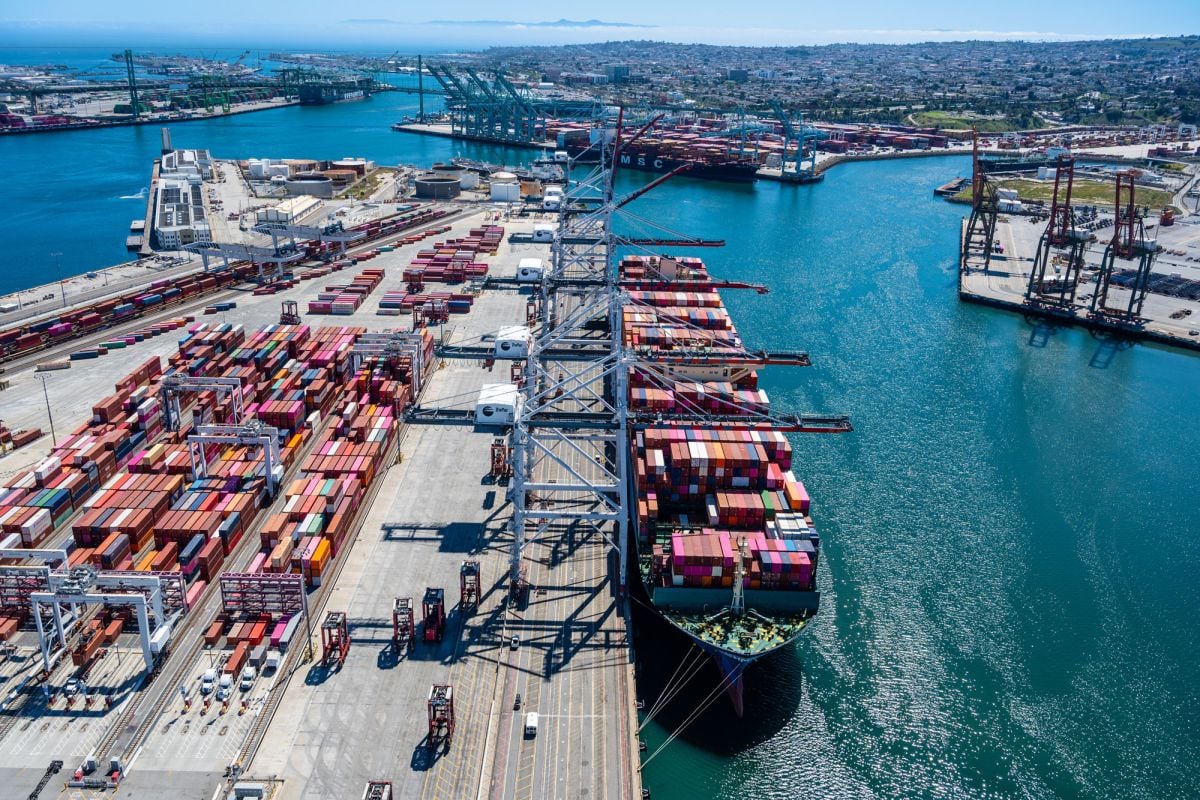Eagle Creek Stares Down Financial Implications of Trump’s Trade War
In the wee hours of Tuesday morning, the management team of the manufacturing company, Eagle Creek, convened for yet another crucial meeting prompted by the ever-changing landscape of President Trump’s unscripted trade war. The meeting was held in response to a new wave of tariffs unveiled by Mr. Trump against several trade allies, a list which includes Indonesia. This Southeast Asian country happens to be the primary source of production for a substantial portion of Eagle Creek’s offerings – an array that covers luggage, packing cubes, and duffel bags. These newly imposed tariffs, slated to begin on the first day of August, prescribed a tax of 32 percent on all imports originating from Indonesia – an unexpected cost that would certainly deal a heavy blow to the finances of the sturdy company that has weathered the market for half a century.
The management team of Eagle Creek found themselves grappling with a multitude of issues in this meeting. Primary among them was a pivotal discussion concerning their pricing approach for the forthcoming fall and spring seasons considering the new tariff rates. However, a problem with more immediate implications quickly revealed itself.
Three shipping freights filled with goods collectively valued at about $240,000 were due for docking at the Port of Los Angeles on July 30, a date perilously close to when the new tariffs were set to become effective. Should the arrival of these goods be delayed even slightly, Eagle Creek could incur charges ranging from $52,000 to as much as $75,000.
This higher tariff penalty would come into force if Mr. Trump decided to implement an extra 10 percent tariff on countries that sympathize with the actions of the BRICS nations. In this context, it’s worth noting that Indonesia is a member of this group.
The uncertainty surrounding President Trump’s recently proposed tariffs, which appeared to waver between enforcement stages and were possibly even bluffs, left Eagle Creek’s executives dealing with a significant amount of indecision. Amid this uncertainty and with potential large-scale payments looming, the company understood the vital need for available cash reserves in order to meet the possible tariff obligations.

